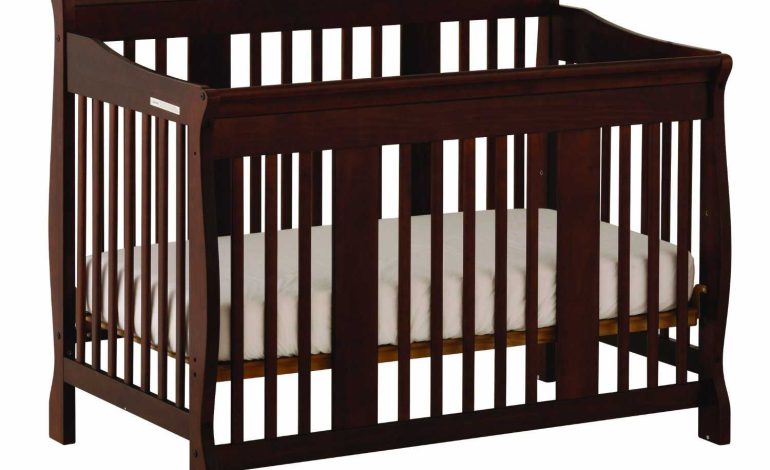When your child won’t stop bedwetting

Bedwetting refers to the unintentional passage of urine during sleep. The medical term for wetting clothing during the day or in bed at night is called enuresis or urinary incontinence. For infants and young children, urination is involuntary, thus bed-wetting is a normal activity for them.
All the same, most children achieve some degree of bladder control by the age of four. Daytime control is generally achieved first while nighttime control comes later. When a child is bedwetting despite being four years of age, a parent maybe concerned.
Children can control their bladders during the day, but those who have never been dry at night for at least six months have what is medically known as Primary Nocturnal Enuresis (PNE), the most common form of bedwetting.
Sadly, most children with PNE feel that there is something wrong with them that cause the problem. Many of them feel that it may be as a result of either bad thoughts or bad actions and somewhat bedwetting is a punishment.
Similarly, many parents feel that their children’s bedwetting is a result of a defect in their parenting, a feeling often heightened by well meaning friends and relatives who bring up questions of emotional instability as the cause of bedwetting.
There are a variety of reasons for bedwetting. For example, when a young child begins bedwetting after several months or years of dryness during the night, this may reflect new fears or insecurity.
This may be after an event, which makes the child feel insecure. Sometimes, bedwetting occurs after a period of dryness because the child’s original toilet training was too stressful.
Parents should always bear in mind that it is rare for children to wet their beds on purpose. Normally, they feel very ashamed about the incident and rather than make your child feel mischievous or ashamed, a parent ought to encourage the child and show him that he will soon be able to enjoy staying dry at night.
Children with PNE need to urinate at night before their bedtime but not all children have to do this. During the first months of life, babies urinate around the clock.
Most adults, however, do not need to urinate at night although a small percentage of the population will need to urinate at night before their bedtime throughout life.
Sometime in mid childhood, most children make the transition from urinating around the clock to urinating only during waking hours.
There are three main reasons why people continue to urinate at night:
• An imbalance of the bladder muscles. For example, the muscle that contracts to squeeze the urine out is stronger, at times more than the sphincter muscle that holds the urine in.
• Having bladders that are a little too small to hold the normal amount of urine.
• Making more urine than their normal-size bladders can hold for several reasons such as drinking too many liquids or consuming a diuretic medication – a substance that directly increases urine output.
As a parent or caregiver, your patience and love will go a long way in helping a child who wets the bed. Sometimes children have no control over this condition and making them feel guilty, getting angry or acting disgusted will only delay in solving the problem.
Try to be understanding and supportive. To help make life easier for your child and yourself, consider setting an alarm clock two to three hours after your child falls asleep so that you can wake him up to go to the bathroom. You should also make sure your child urinates before going to bed.
Published March 2014




